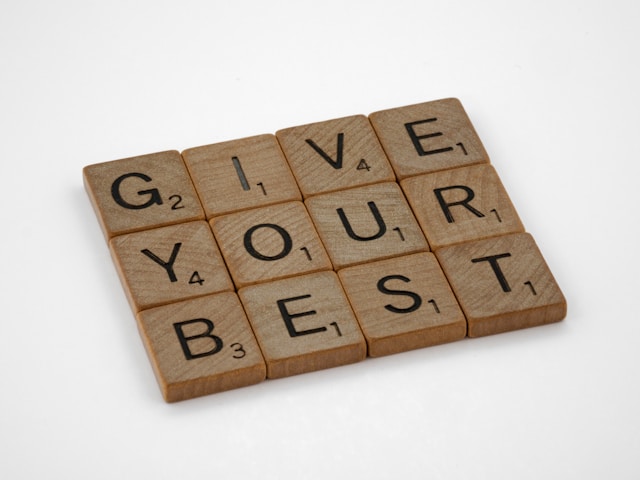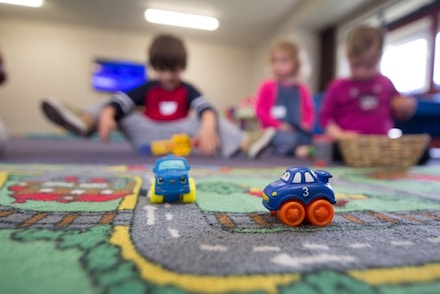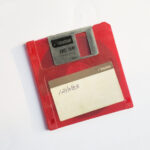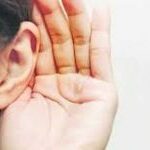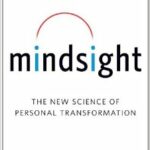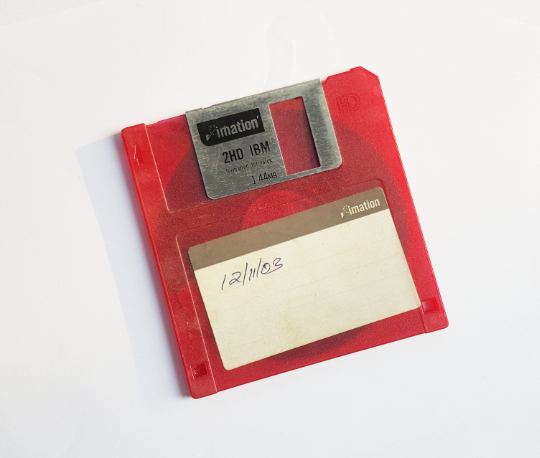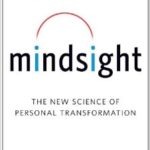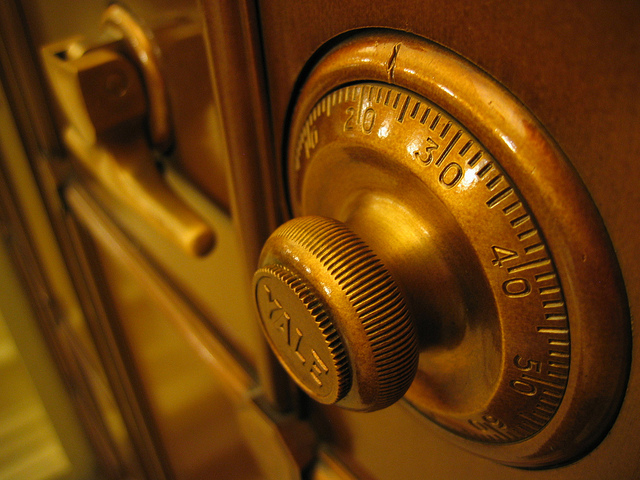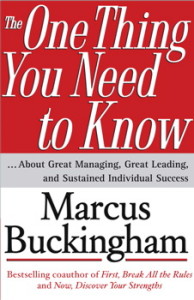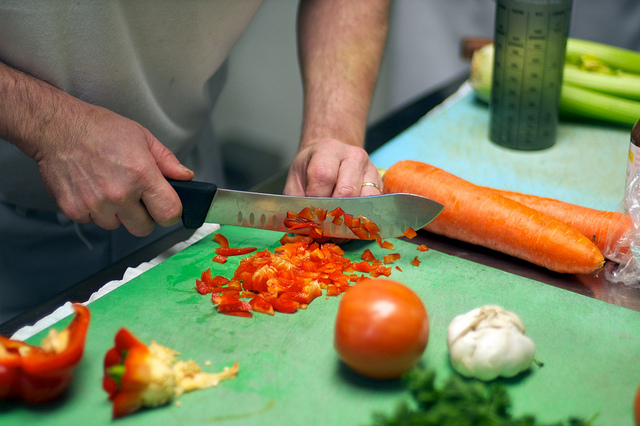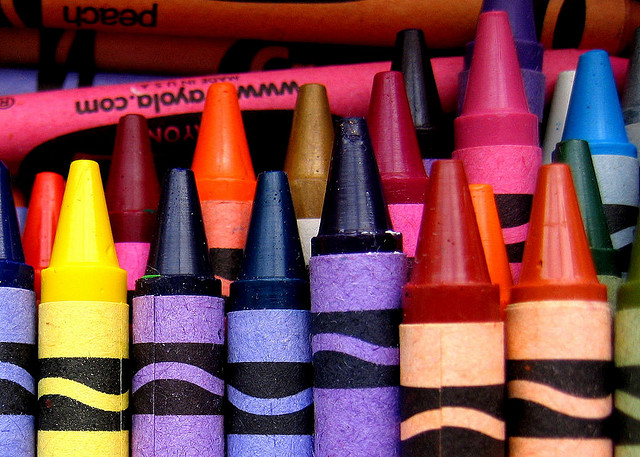“Better waves make better surfers. Are you on the right beach?”
—Seth Godin, American author, marketing expert, and entrepreneur
Today’s quote reminds us that much of our personal and professional growth depends on the challenges we face, just as surfers improve by riding bigger, more challenging waves.
We, too, develop skills and resilience by stepping out of our comfort zones.
It goes further to ask a crucial question: Are you in the right environment to grow?
Many times, staying in a familiar but stagnant place limits our potential. Finding the “right beach” means seeking opportunities that push you, inspire you, and help you evolve.
Whether in your career, relationships, or personal goals, choose the waves that challenge you to become better, embrace the right environment, and watch yourself grow and transform into a stronger, more skilled version of yourself.
EXERCISE:
To what degree are you surfing better waves on better beaches?
What actions can and will you take to be even more intentional about your growth trajectory?


